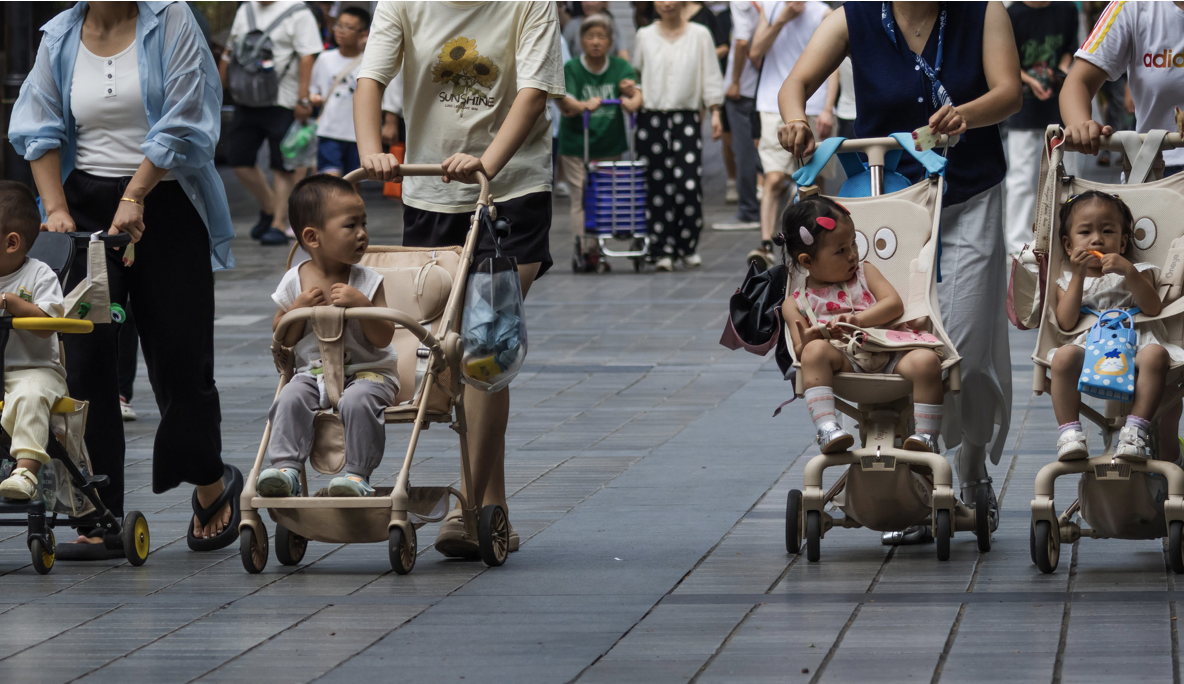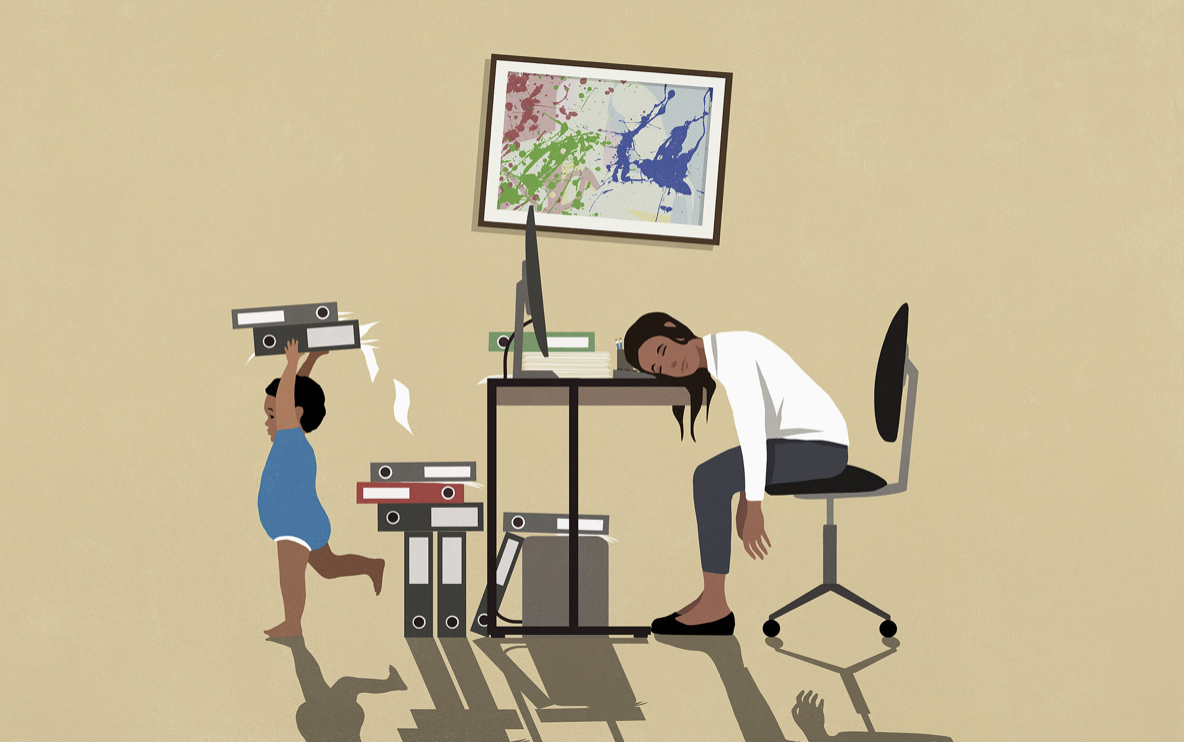Divorced at 44, Sun, a finance professional, found herself struggling to balance work and caring for her 9-year-old daughter. Last fall, she decided to start a new life in a Beijing apartment with two other single mothers.
Despite belonging to different generations and having varying parenting styles, the three women share everything from school pickups and housework to everyday worries.
The greatest benefit, according to Sun, is for the children. Her daughter now has companions and no longer feels lonely. "Living together, the children learn to get along, which is invaluable for their future," she said.
 |
Many single mothers in China are choosing to live together to reduce living expenses and share childcare responsibilities. Illustration photo: Cheng Xin/VCG |
A growing number of single mothers in China are choosing similar arrangements. Rising divorce rates often leave mothers shouldering the burden of childcare. According to 2021 statistics, nearly 30 million women were heads of divorced households.
They face immense pressure as long working hours often clash with their children's school schedules. Many rush between the office and school gates, even facing intrusive questions during job interviews about how they "manage everything."
In this context, online support groups on social media platforms like Xiaohongshu and Douyin have become lifelines. These platforms allow women to exchange advice, share costs, and connect with each other. Posts seeking "roommate moms" are widespread, helping them build a less isolated version of family.
Feng, a divorced mother in Chongqing, posted on Xiaohongshu: "Looking for another single mother to share housing. Hoping we can share childcare responsibilities. The goal is to ensure both children are well-cared for. About me: experienced in childcare, university graduate, basic English skills. Ideal match: another single mother who values teamwork. Message me if you’re interested."
"Society isn't very friendly to women. Having a support system makes life easier," Feng said after her ex-husband refused to provide child support.
 |
Rising divorce rates often leave mothers shouldering the burden of childcare. Photo: Malte Mueller/FStop/VCG |
However, the search isn't easy. According to Feng, the biggest obstacle is location, as people work in different areas.
For Li, a 35-year-old brand promoter in Hefei, the solution came from her friends. In 7/2023, she invited her best friend, also recently divorced and struggling, to move in. They agreed to treat both children equally and discipline them together.
"In emergencies like sudden overtime or a sick child, having someone there means you have extra help and don't have to bear the loneliness alone," Li said.
But this model isn't always rosy. Xu Chaoran, 34, from Xi'an, only lived with another single mother for 6 months. The three-year age gap between their children meant their schedules never aligned. Financial imbalances also created tension.
This experience led Xu to establish stricter criteria for potential roommates: a career, financial independence, problem-solving skills, and children of similar ages.
Despite the challenges, experts see this as a notable trend. Du Shichao, a family researcher at Fudan University, calls it a "viable alternative" to the traditional family.
Meanwhile, Wang Yuqi, a sociologist at Huazhong University of Science and Technology, believes this model creates a new type of community. "Sharing meals, raising children, and supporting each other transforms 'biological motherhood' into 'social motherhood,' creating a new kind of kinship," she said.
Back in Beijing, Sun's co-living arrangement isn't just about sharing bills; it's about growing together. The three mothers constantly exchange experiences and honestly point out each other's shortcomings.
"We are like mirrors for each other. If I have a problem, the other two will point it out," Sun said.
Minh Phuong (Adapted from Sixth Tone)












